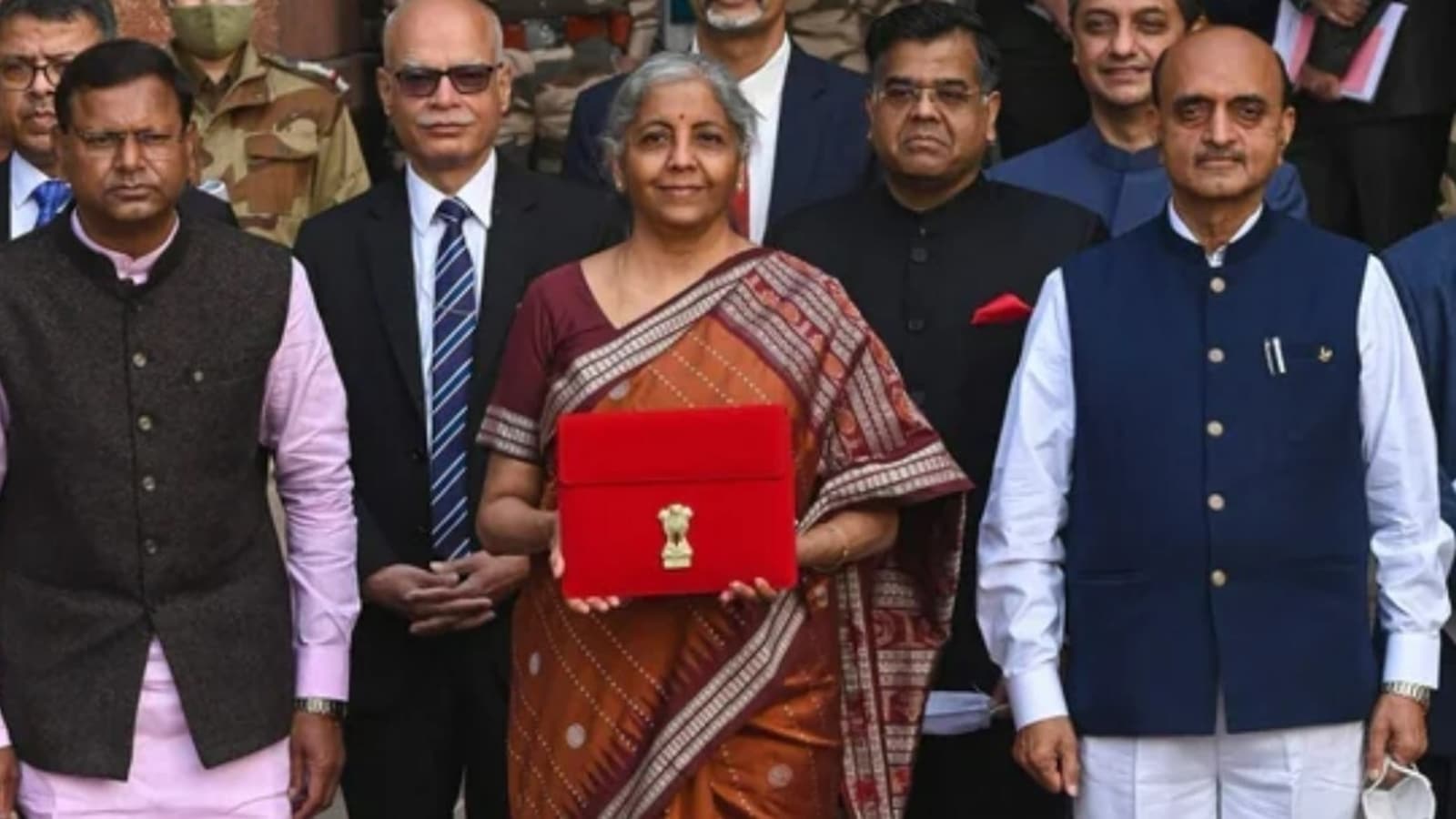Explained: What is Union Budget, its constitutional provisions
The budget is an annual financial statement that lays out the government’s proposed expenditures and revenues for the upcoming fiscal year, which begins on April 1st and ends on March 31st of the following year.
The budget is presented by the Finance Minister of India in the Parliament. The budget is a comprehensive document that outlines the government’s economic and fiscal policies for the next fiscal year.
What are the constitutional provisions related to budget?
The Constitution of India lays out certain requirements related to the budget in India. These include:
1. Article 112 of the Constitution requires the President of India to cause the annual financial statement (i.e. the budget) to be laid before the Parliament on the last day of February or the first working day thereafter.
2. Article 114 of the Constitution requires the government to present a separate account of the receipts and expenditure of the Consolidated Fund of India, which includes the revenues of the central government and certain other funds, as well as all money received by the government through loans.
ALSO READ: What India may get from this budget
3. Article 266 of the Constitution requires the government to credit all revenues received by it, including taxes and other revenues, into the Consolidated Fund of India, unless otherwise provided by law.
4. Article 266(2) of the Constitution requires the government to withdraw money from the Consolidated Fund of India only after it has been authorized by a law passed by the parliament. This ensures that the government cannot withdraw money from the Consolidated Fund without the approval of the parliament.
5. Article 270 of the Constitution requires the government to present a statement of the estimated receipts and expenditure of each state government, which is called State Budget.
6.Article 272 of the Constitution requires the government to transfer certain specified taxes and duties to the states and union territories.
ALSO READ: Budget 2023: ‘No new taxes for income till…’, FM on middle class issues
The Union Budget includes the following key components:
Revenue Budget: This section details the government’s estimated revenue from various sources such as taxes, non-tax revenues and capital receipts. It shows how much money the government plans to earn from taxes, non-tax revenues, and other sources.
Capital Budget: This section details the government’s proposed spending on various capital projects such as infrastructure development, capital investment in public sector enterprises, and other long-term investments. It shows how much money the government plans to spend on long-term projects like building new roads, bridges, and airports.
Plan and Non-Plan Expenditure: The budget also separates its expenditure into two parts, Plan and Non-Plan expenditure. Plan expenditure includes funds allocated for specific government schemes, while non-plan expenditure includes regular expenses such as salaries, pensions, and administrative costs.
Fiscal Deficit: The budget also includes an estimate of the fiscal deficit, which is the difference between the government’s total expenditure and its total revenue. The government aims to reduce the fiscal deficit to maintain financial stability.
Tax Proposals: The budget also includes proposals for changes in tax laws and tax rates, which can have a significant impact on businesses and individuals.
What is the importance of Budget?
The Indian budget is closely watched by businesses, investors, and the general public as it provides insight into the government’s economic policies and priorities and can have a significant impact on the economy and people’s lives.
For all the latest business News Click Here

